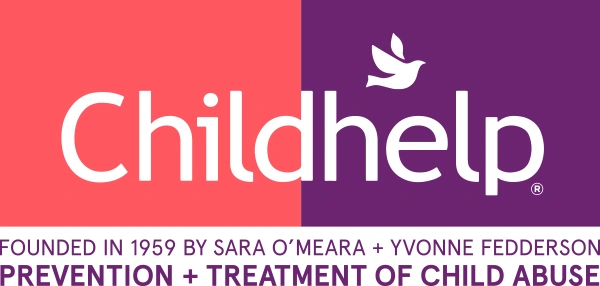In a groundbreaking initiative unveiled today — Safer Internet Day — Childhelp is excited to announce a partnership with Meta in the development and launch of “Staying Safe from Online Harm,” a sextortion prevention module within the Childhelp Speak Up Be Safe curriculum. This module contains facilitator training and lesson materials designed specifically for middle school students, and is available at no cost to schools, school systems, educators, parents, caregivers, athletic programs, and youth-serving organizations nationwide.
The collaboration between Childhelp and Meta highlights the critical need for proactive measures to protect children in the digital age. This education is designed to help young people feel equipped to spot online harm, and compliments Meta’s existing safety tools that help protect young people on their apps.
“For the first time, educators around the country will have a detailed, expert-backed curriculum — for free — to help students feel equipped to avoid sextortion and other forms of online exploitation,” says Antigone Davis, Meta’s Global Head of Safety. “At Meta, we continue to do all we can to protect young people on our apps, and those protections will be even more effective if teens also feel confident to spot potential harms and know where to go for help. That’s why we’re so excited for this curriculum to get into the hands of teachers and parents all over the country.”
Staying Safe from Online Harm is an interactive resource designed to educate youth on how to:
- Recognize the signs of online grooming and exploitation
- Understand the risks of sextortion, including financial sextortion, a form of blackmail in which predators coerce victims into sending money under threat of exposing explicit content
- Learn how to report suspicious activity and support affected individuals
This is critical learning for today’s youth, who are immersed in online life and encountering increasing amounts of online risk. The National Center for Missing and Exploited Children reports that among minors, boys aged 14–17 are at the highest risk for financial sextortion.
“The internet should be a place of opportunity — not vulnerability — for young people,” says Beth Dudjak, Childhelp’s Director of Prevention Education. “Through this module, we aim to empower communities and families with the tools they need to keep our youth safe.”




